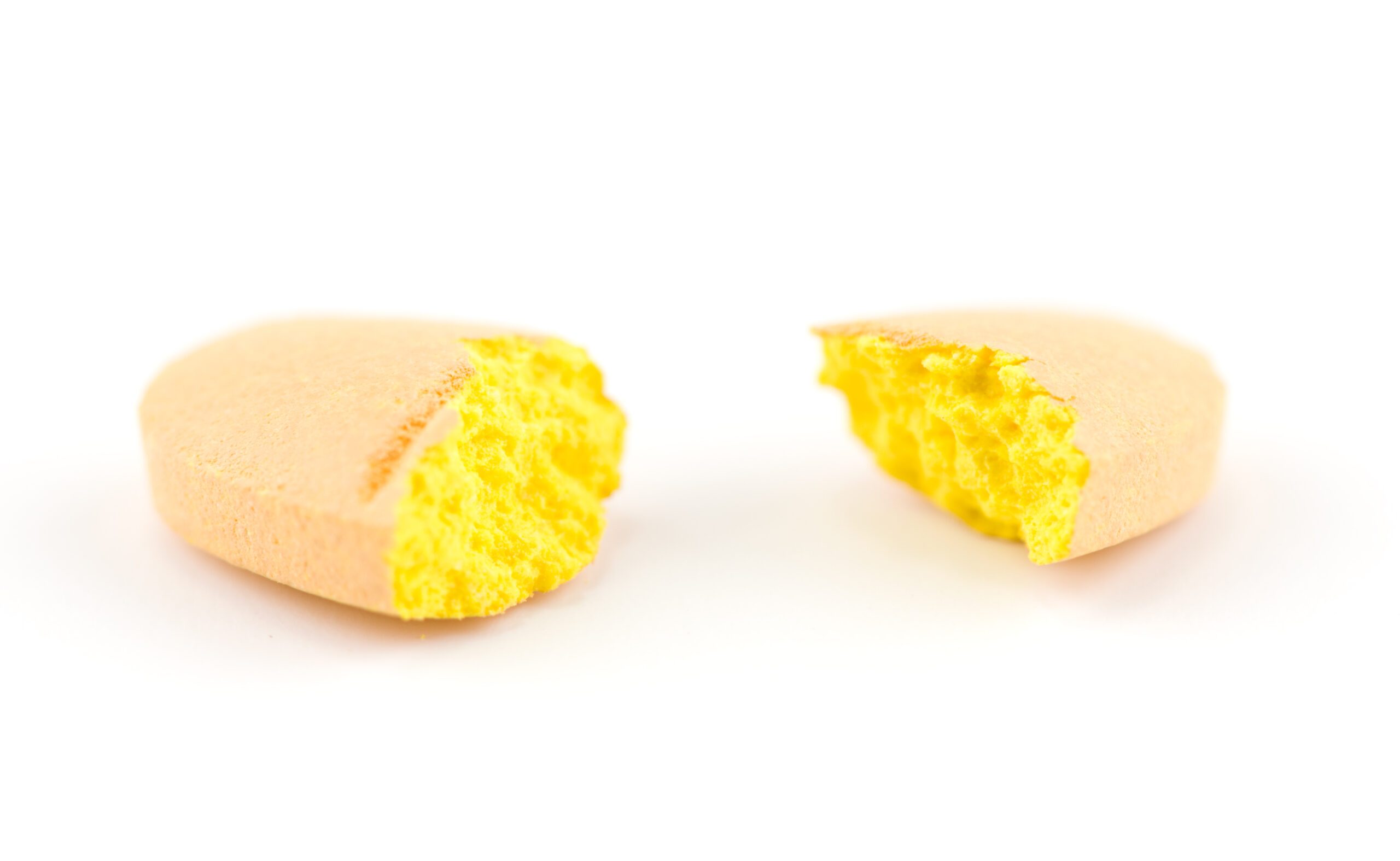Many seniors on a fixed income look for ways to stretch their dollars, especially when it comes to prescription medications. Some older adults try to save money by purchasing a higher-dose pill and then splitting the medication in half, but studies have found that pill splitting is highly inaccurate and potentially dangerous.
According to a recent study, published in the Journal of Advanced Nursing, pill splitting deviated from the recommended dosages by 15 percent or more in nearly a third of cases. Researchers used three techniques commonly used in nursing homes to split eight tablets of various sizes. Even the most accurate pill-splitting method resulted in a margin of error that deviated as much as 25 percent.
When prescription tablet medications are split, a substantial amount of the pill can be lost and unequal sizes can result in patients receiving insufficient, inconsistent, or even toxic doses. Researchers call upon manufacturers to introduce a wider range of tablet doses or liquid formulations so that pill splitting will be unnecessary. Staff responsible for preparing medications in nursing homes should be trained to split tablets as accurately as possible and be informed about the risks associated with dose deviations.
People who split pills at home to save money should always talk with their doctor first and patients with memory problems, hand tremors, or poor eyesight are not advised to practice pill-splitting. It’s also important to talk with your pharmacist about what drugs can be split without losing effectiveness or causing a health problem. Some higher-dose pills may not offer significant cost savings that would warrant taking a potential risk.
Coated pills, chemotherapy drugs, anti-seizure medication, and blood thinners should never be split. Always use a pill splitter to cut a tablet in half more accurately – never use a knife, scissors, a razor blade, or a box cutter. According to Consumer Reports’ medical advisers, pills should be split one at a time because some medications deteriorate if they are exposed to air, heat, or moisture after being halved.






Add Your Voice
0 Comments
Join the Discussion